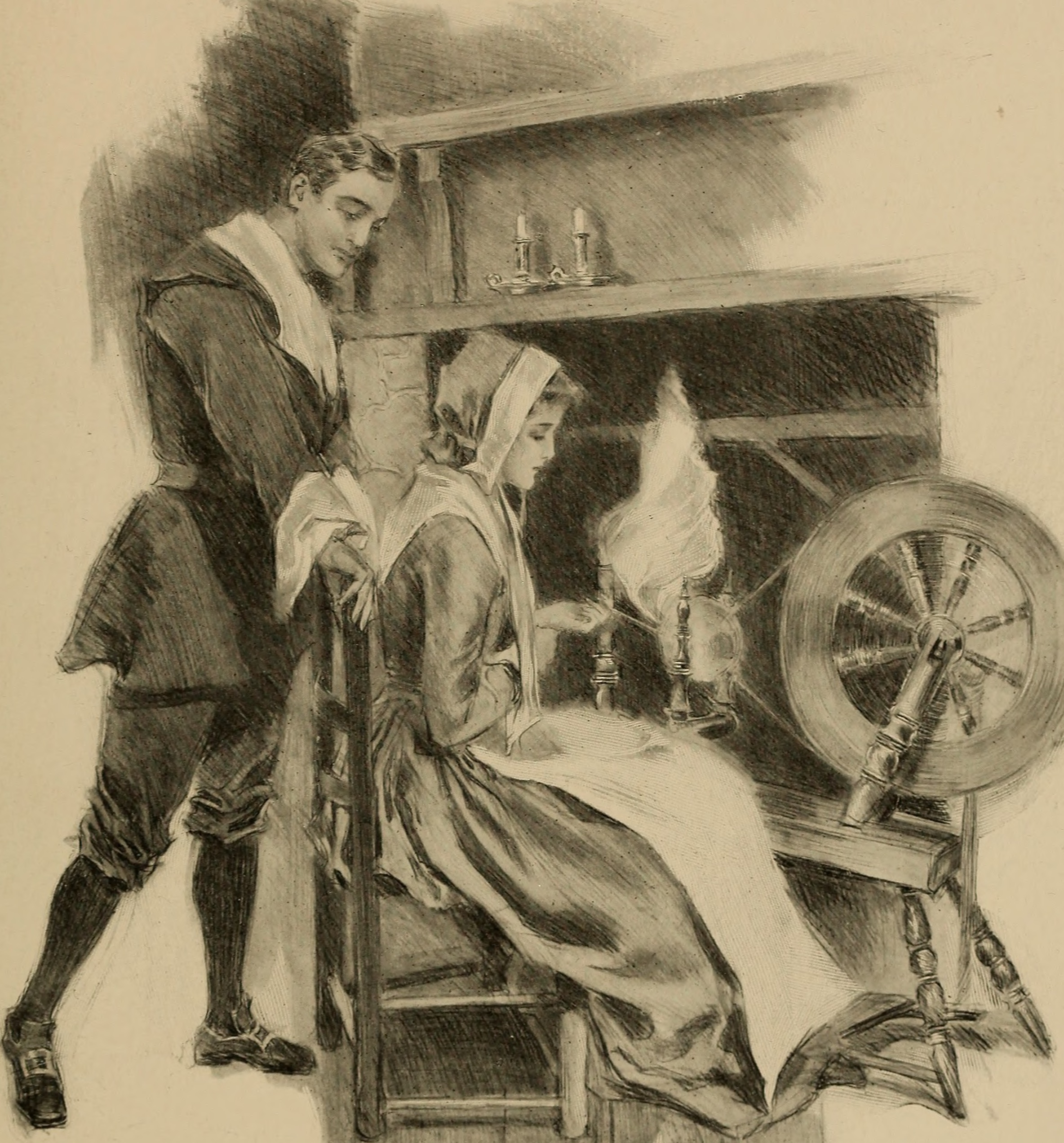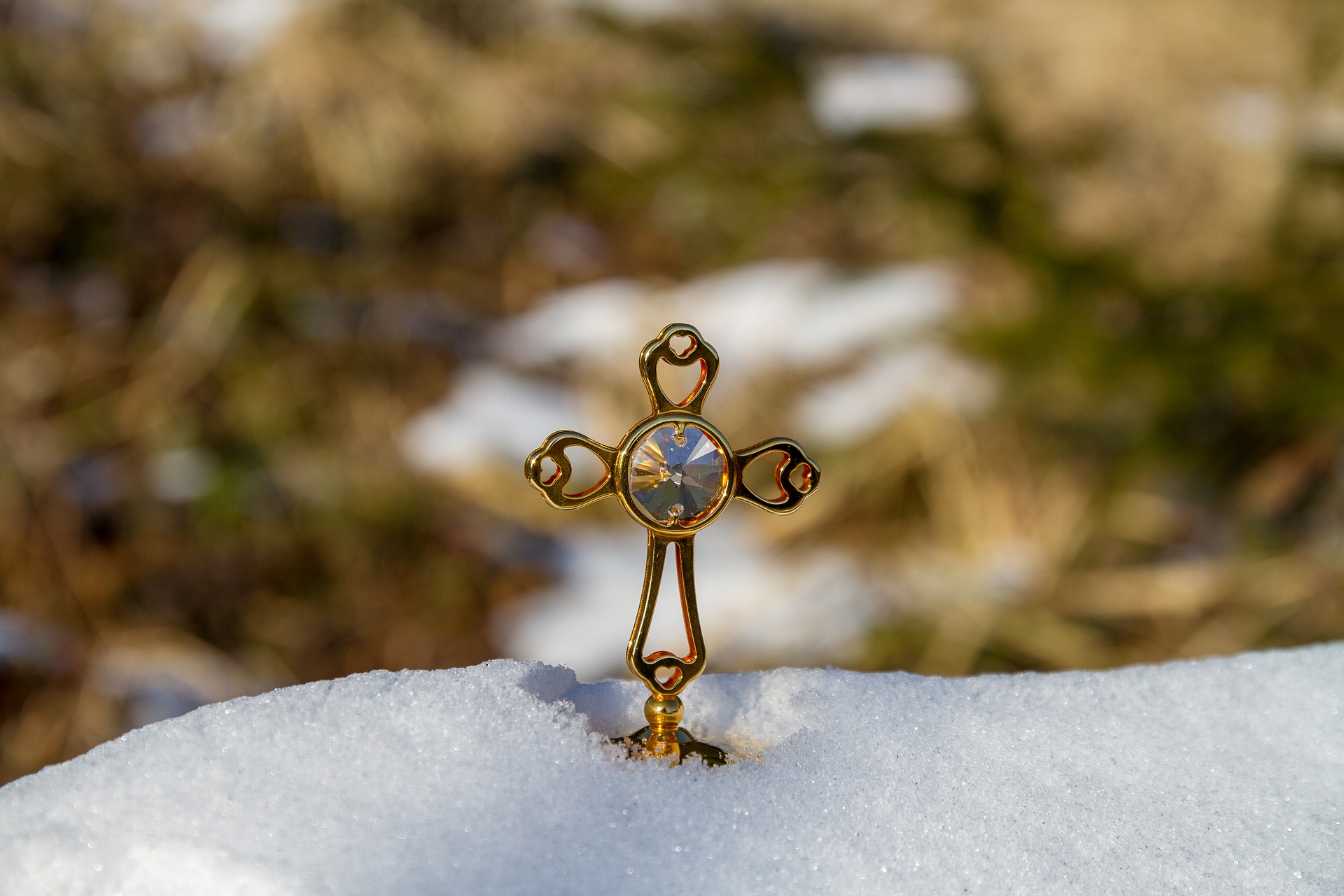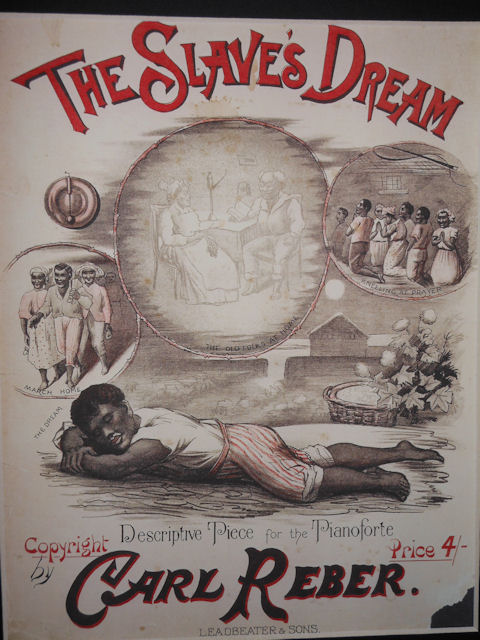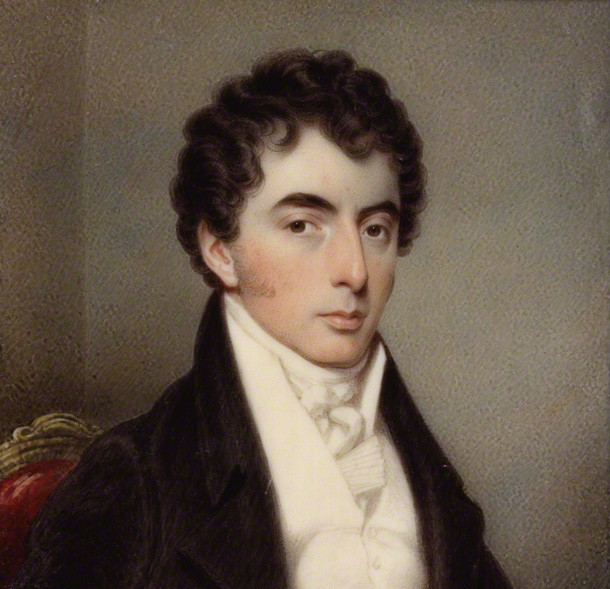This poem summary focuses on the poem ‘Drinking Song’ by H. W. Longfellow. This poem is simple enough, but it is filled with Greek and Roman references, all of which are not easily followed. It looks back to a time when religion was less strict than it is now, and when the gods themselves indulged in drinking.
The poem itself consists of twelve stanzas. Each of these stanzas is made up of four lines. The speaker in the poem speaks in the first person, and can be equated with Longfellow himself. In the first stanza, Longfellow addresses himself to a friend whom he is drinking with, and asks him to look at the water that is there in the pitcher placed between the two of them. Longfellow then asks him to imagine the figure of the Greek Silenus.
In the second stanza, Longfellow paints a vivid picture of Silenus for his friend. He describes Silenus as being both drunk and bloated, and being led by other creatures just like him – the drunken Satyrs. He is so inebriated that he can’t even keep his head up, and it falls on his breast. He stares ahead of himself without any coherence in his eyes, and speaks a lot of meaningless words.
In the third stanza, Longfellow describes two gods – Faun, and Bacchus – following Silenus as well. Moreover, Bacchus is wearing a crown of ivy on his head as the god Apollo does, and Bacchus will be as youthful as he is at that moment forever.
In the fourth stanza, Longfellow describes how this entire party is followed by a group of Bacchantes carrying various instruments (like cymbals and flutes), and carrying flowers to lend music and colour to the atmosphere of revelry. They have brought these flowers from the Greek isles, where they grow in the wilderness among vineyards, and they are singing in an inebriated manner.
In the fifth stanza, Longfellow describes how Bacchus won over the hearts of men in every nation by advocating drinking and revelling as a way of life. This easy victory was unlike other victories in war in the absence of bloodshed involved. Farmers in those nations which Bacchus had won over would carry ploughs as their armour, and grape vines as their banner, that is, drinking would become a way of life for them.
In the sixth stanza, Longfellow says that these gods must not be judged too harshly, for they do not stand for immorality. Instead, Bacchus stands for youthful vigour, and Silenus just does not know when he has indulged more than his body can bear.
In the seventh stanza, Longfellow discusses why we might be inclined to misunderstand the gods. He says that they belong to a pagan faith that we no longer follow, so their revels are both ethnic (incomprehensible to non-Greeks), and ancient (far distant from us in time). The Satyrs, who were rather harmless creature in Greek mythology, have now been turned into devils in the common human perception, and we are taught to be scared of them.
In the eighth stanza, Longfellow shows how things have changed from ancient Greek times to now. He says that fortune-tellers do not any longer look up to the gods on the top of Mount Olympus (the abode of the Greek gods), but rather try to read the future in the water of streams. While earlier it was believed that one could stay young by simply drinking and revelling (as the ever-youthful god Bacchus did), now it is said that eternal youth can be found only in magic fountains.
In the ninth stanza, Longfellow says that even in Roman times, the Greek gods were starting to be discredited. The Roman emperor Claudius sang about having Rhenish wine (that is, wine grown in the valleys of the river Rhine) in vessels all around his castle, but would never drink it, for he thought it was as dangerous as the blood of dragons.
In the tenth stanza, Longfellow describes another hypocrite. In Tuscany, Redi would worship Bacchus and chant his name, but would never partake of the wine that Bacchus himself loved.
In the eleventh stanza, Longfellow turns again to his friend and asks him to fill with water the pitcher similar to the ones from which the Greek gods drank wine, for wine is as unacceptable now as it was to the Roman politician Lucullus, who was offered Falernian wine but who chose not to taste it.
The twelfth stanza is like a reprisal of the first stanza, with Longfellow telling his friend to listen to the sound of the water in the pitcher and to imagine Silenus in his revels.
Some online learning platforms provide certifications, while others are designed to simply grow your skills in your personal and professional life. Including Masterclass and Coursera, here are our recommendations for the best online learning platforms you can sign up for today.
The 7 Best Online Learning Platforms of 2022
- Best Overall: Coursera
- Best for Niche Topics: Udemy
- Best for Creative Fields: Skillshare
- Best for Celebrity Lessons: MasterClass
- Best for STEM: EdX
- Best for Career Building: Udacity
- Best for Data Learning: Pluralsight















